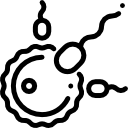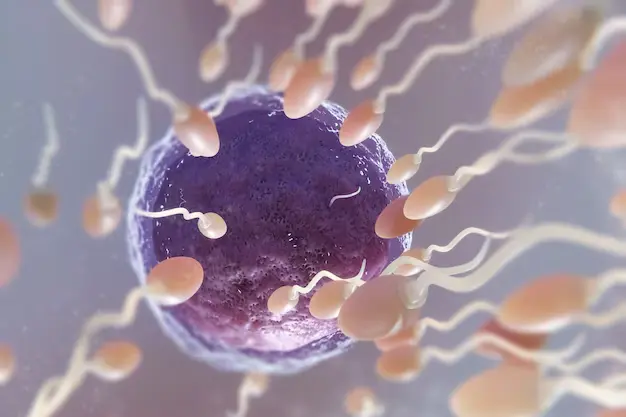 11 Link Road, Lajpat Nagar,
Jalandhar City
11 Link Road, Lajpat Nagar,
Jalandhar City
Egg freezing or oocyte cryopreservation, is a medical procedure that enables women to maintain their fertility by collecting and storing their eggs for later use. It is especially beneficial for those undergoing medical procedures that could impair their ability to conceive, those who want to delay having children for personal or professional reasons, and women who want to protect their reproductive rights as they get older.
The Egg freezing procedure entails stimulating the ovaries, retrieving the eggs, and vitrifying the mature eggs to freeze them.
This technology offers women the opportunity to safeguard their reproductive options and have healthier, younger eggs available when they are ready to start a family, providing a sense of security and flexibility in their family planning journey.


Egg freezing preserves a woman's fertility by storing healthy, younger eggs for future use, offering reassurance in cases of age-related fertility decline or medical conditions affecting fertility.

This allows women to arrange their families more freely and have children when they are ready.

Assists women undergoing treatments for illnesses such as cancer that could impair their ability to conceive.

Assists in easing the worry brought on by the age-related loss in fertility.

Gives women autonomy over their reproductive choices.

Preserves eggs at a healthier, younger stage.

Offers ways for unmarried women to maintain their fertility.
Oocyte cryopreservation, another name for the egg freezing procedure, usually entails the following crucial steps:
Hormonal treatments, frequently in the form of daily injections, are used to stimulate a woman's ovaries to generate an abundance of eggs. Usually, this stage lasts between ten to twelve days. Using blood tests and ultrasounds, the woman's hormone levels and egg growth are continuously monitored throughout this time.
To get the eggs ready for retrieval, a trigger injection is given once they have reached maturity. This injection guarantees that the eggs will be ready for harvest in a predetermined amount of time.
The actual retrieval of eggs is a simple surgical operation that is usually performed under anesthesia or sedation. Mature eggs are extracted from ovarian follicles by inserting a tiny needle through the vaginal wall into the ovaries. Usually, this procedure takes twenty to thirty minutes.
Using a process known as vitrification, the collected eggs are promptly frozen following retrieval. By doing this, the eggs' potential to form ice crystals is inhibited, guaranteeing their integrity and viability while being stored.
Until the person chooses to utilize them, the frozen eggs are kept in a specialized cryogenic storage facility, in liquid nitrogen tanks.
To discuss your objectives, evaluate your fertility, and decide whether egg freezing is best for you, make an appointment with a reproductive specialist.
Have a complete medical evaluation, including blood tests and ultrasounds, to make sure you are in good enough health for the treatment.
Recognize the expenses associated with egg freezing, such as prescription drugs, the process itself, and storage charges. Plan and go through your financial possibilities.
To get your ovaries ready for egg extraction, follow your doctor's instructions for hormonal stimulation, which may entail daily injections.
Acknowledge that there may be emotional difficulties during the process. To assist you manage your tension and worry during the procedure, ask your loved ones for emotional support or think about getting counseling.
There is usually no expiration date on frozen eggs, thus they can be kept for many years. For precise information, it is imperative to confirm with your concerned doctor as legal and storage laws may differ depending on the location and reproductive facility.

Aarti Hospital 2026. All rights reserved.